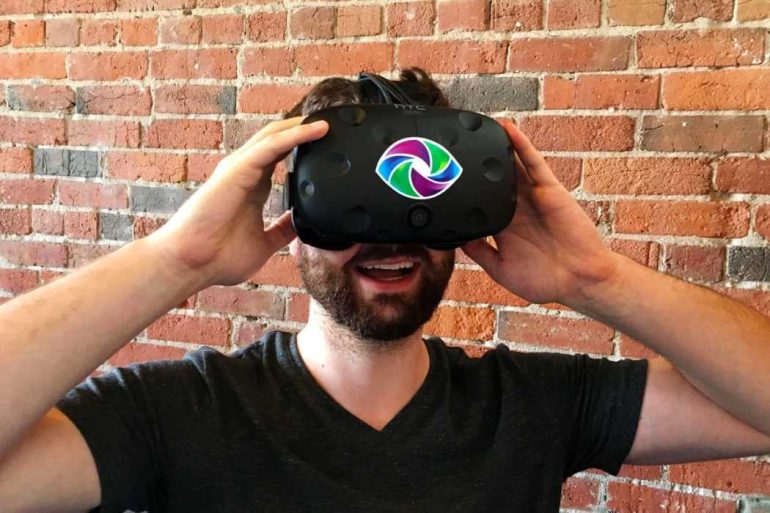Cognitive 3D, a startup that uses immersive, 3D technology to research consumer behaviour, has raised a $2.5 million seed round. The startup plans to use the funds to double its staff from nine to 18 employees over the next 18 months.
As Web3 applications and platforms, such as the multiverse, gain in popularity, Cognitive 3D claims it is helping organizations better understand what happens in a 3D space, including how users interact with objects.
Konvoy Ventures led Cognitive 3D’s latest round of funding with participation from Space Capital’s Space Venture Capital Investing Fund, and Boost VC. The startup did not disclose when the round closed.
Jim Preston, lead technical producer at Electronic Arts, and Konvoy principal Taylor Hurst, will join Cognitive3D’s board. Cognitive 3D did not indicate that Preston had invested in the round.
RELATED: Electronic Arts plans to invest $500 million in Quebec’s video game industry over 10 years
With user experiences and metrics changing through the advancement of 3D apps, traditional analytics tools are becoming less efficient as organizations struggle to gain important user insights within so-called extended reality environments, according to Cognitive 3D.
Cognitive3D, which was founded in 2015, claims to have identified a unique opportunity by collecting spatial intelligence through the use of virtual, augmented, and mixed reality devices.
The startup’s analytics show companies where users look and how they engage with a 3D environment; how they navigate and where they spend most of their time; and tracks specific events. The latter might include something such as when a user removes a headset, indicating an issue with an immersive 3D experience.
Currently a free offering, Cognitive 3D is putting together what it calls industry standard benchmarks that will provide baselines for participants’ comfort, presence and performance in immersive environments, and which will provide insights to developers.
Cognitive3D founder and CEO Tony Bevilacqua said: “Our way of testing and assessing user experiences within 3D environments allows those building and creating them the ability to see what works and how their applications can be enhanced.”
Hurst noted that the adoption of immersive 3D applications is swiftly increasing, and he said that Cognitive 3D is “poised to be the market leader in this new category of spatial analytics.”


